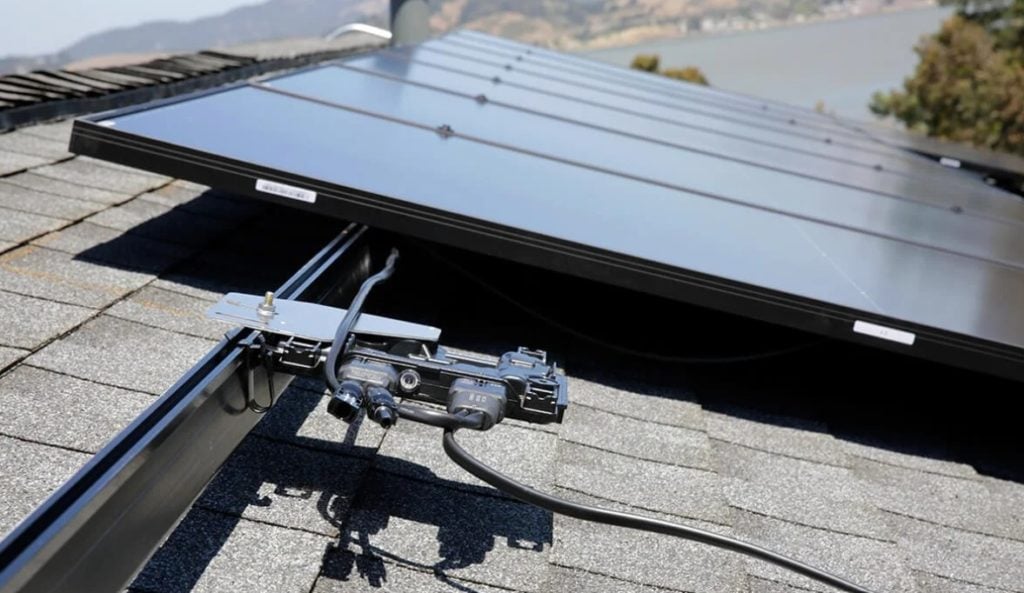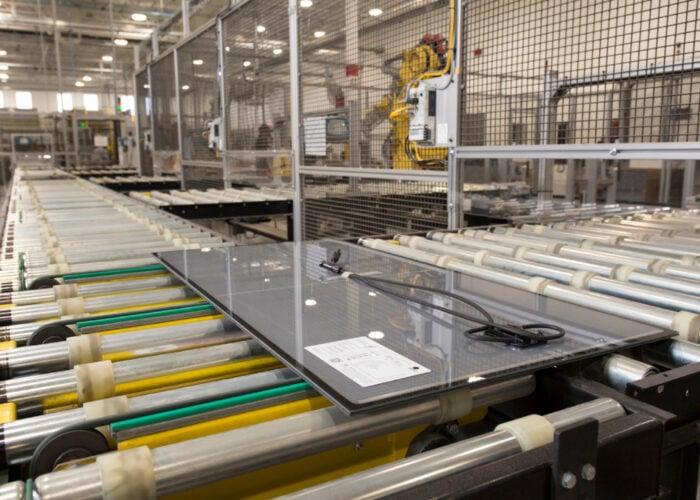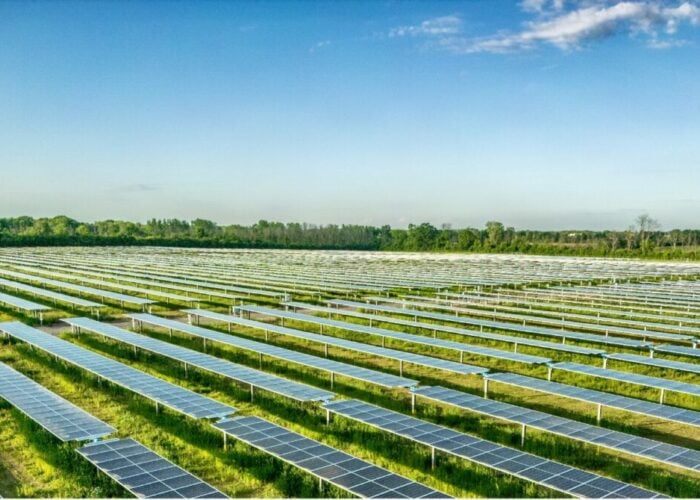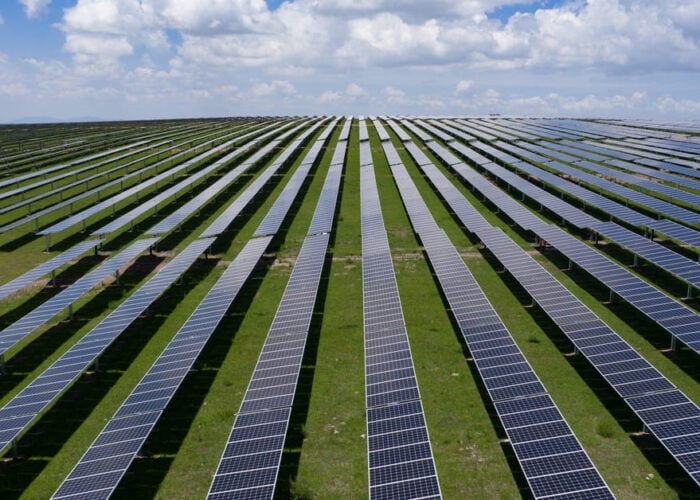
US microinverter manufacturer Enphase Energy has signed a safe harbour deal to secure residential solar tax credits, the second such deal the company has made this month.
The agreement will see Enphase supply US-made IQ8HC microinverters to a “leading solar and battery financing company”, which will offer third-party ownership (TPO) agreements to homeowners for residential solar and energy storage systems.
Try Premium for just $1
- Full premium access for the first month at only $1
- Converts to an annual rate after 30 days unless cancelled
- Cancel anytime during the trial period
Premium Benefits
- Expert industry analysis and interviews
- Digital access to PV Tech Power journal
- Exclusive event discounts
Or get the full Premium subscription right away
Or continue reading this article for free
Enphase said the deal is expected to bring in around US$50 million in revenues.
Through safe harbour provisions, the deal will help those projects to secure the 30% 48E Investment Tax Credit (ITC) for solar deployments, which will end in July 2026 as per the Republican budget reconciliation bill that passed last month.
The company also said the deal would help projects secure the 10% domestic content bonus credit, which is available with the ITC if a project uses a sufficient quantity of US-made products.
Ken Fong, senior vice president and general manager of the Americas and APAC at Enphase Energy, said safe harbour agreements “are a critical tool for keeping solar projects on track despite changing policy landscapes.”
He continued: “These agreements allow developers and financiers to move forward with confidence, safeguard project economics, and accelerate clean energy deployment.”
The “One Big, Beautiful” reconciliation bill introduced tighter restrictions for companies and systems looking to qualify for clean energy tax credits.
The ITC and the Production Tax Credit (PTC) will be phased out from 4 July 2026. Projects that begin construction before that date will have four years to begin operations, and others will need to be operational by the end of 2027. This covers utility-scale and TPO residential systems.
However, the US Department of the Treasury recently announced new “start of construction” rules in response to an executive order from president Trump. Projects under 1.5MW in size – which will cover residential systems – can secure safe harbour by spending 5% of their estimated project cost and maintaining “continuous construction”.
Larger projects must demonstrate significant physical work in order to meet the threshold, and PV Tech covered the solar industry’s reactions to the new guidance earlier this week.
Enphase said it expects to expand its safe harbour pipeline in the coming months.
Earlier this month, market analyst firm Wood Mackenzie said that the US residential sector would see a short-term contraction thanks to the changing policy environment, but that it would sustain strong growth over the long term. The fact that TPO systems are still eligible for the 48E ITC is a “major upside” for the industry, Wood Mackenzie said, though the credit for customer-owned systems will be scrapped next year.






